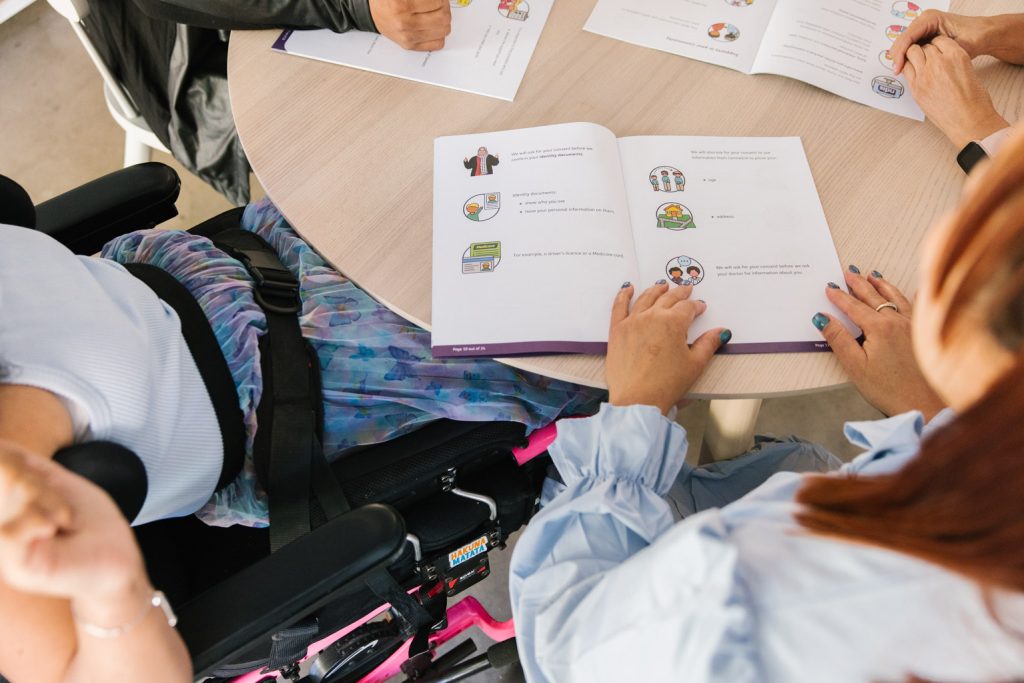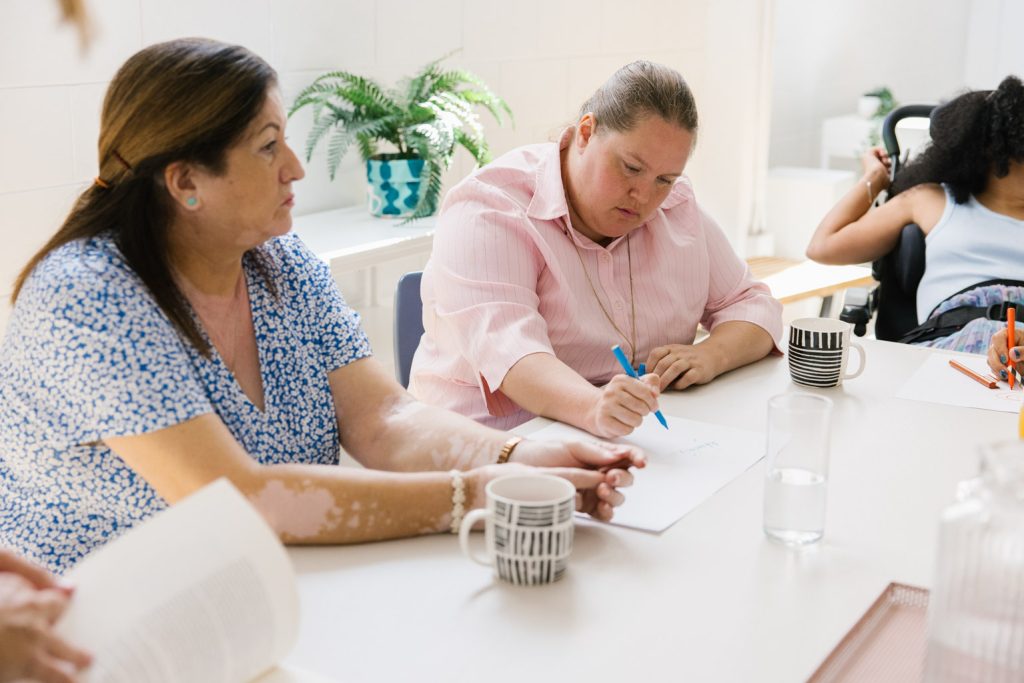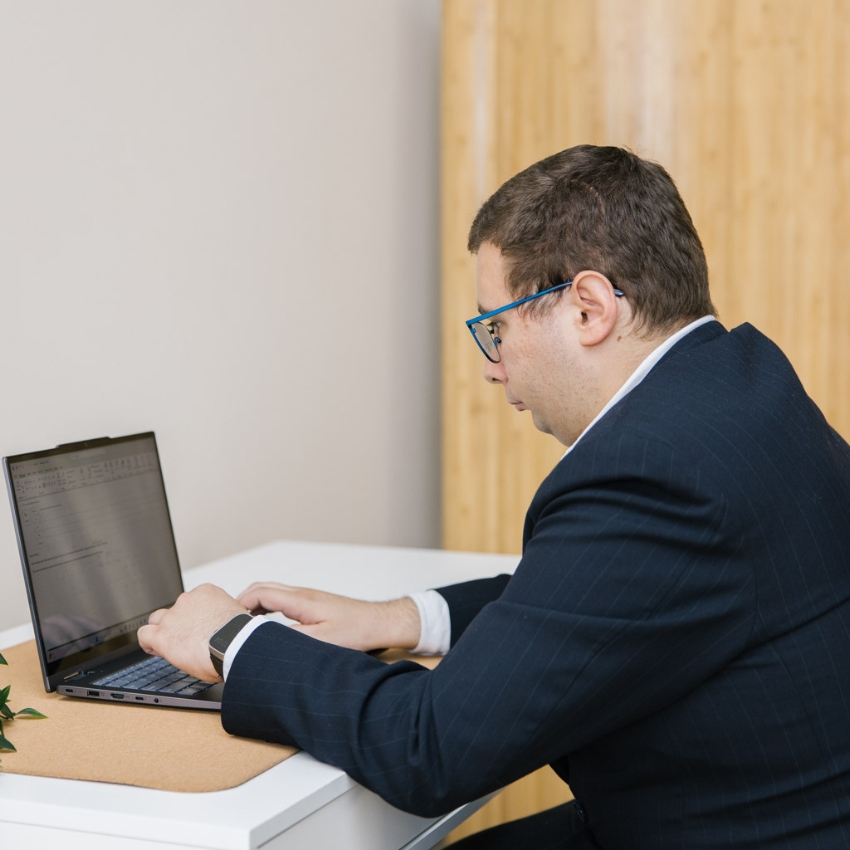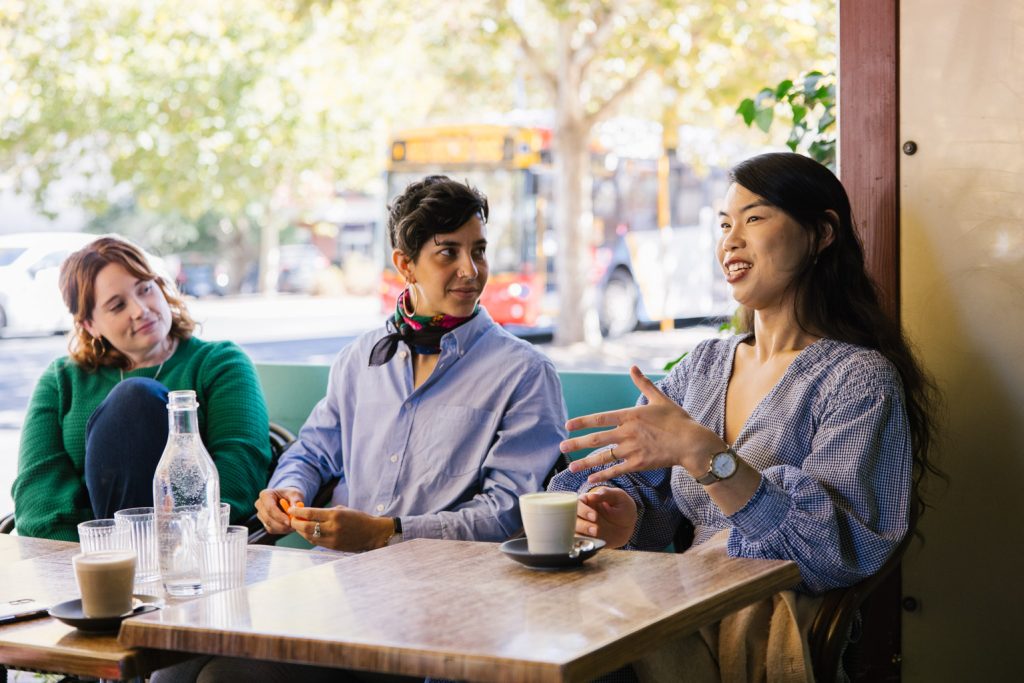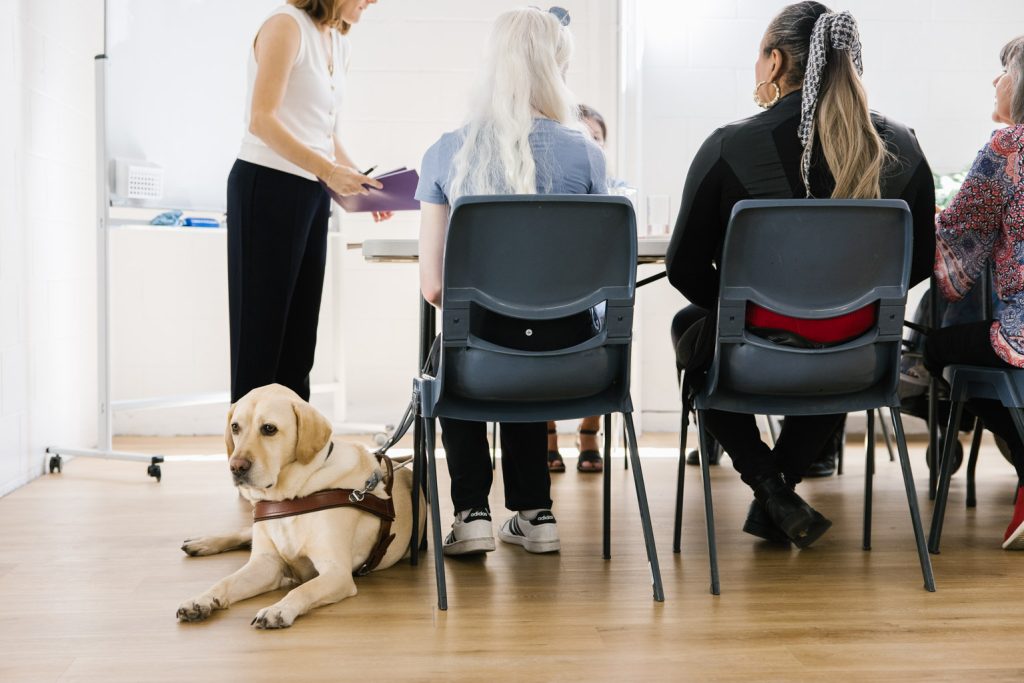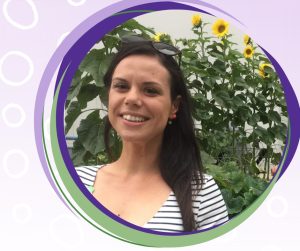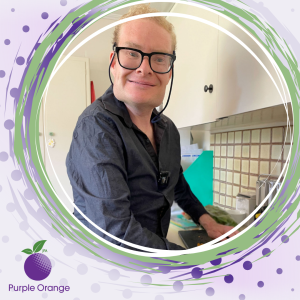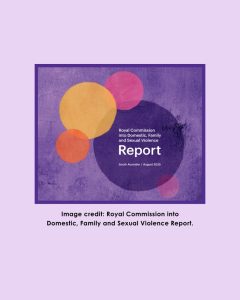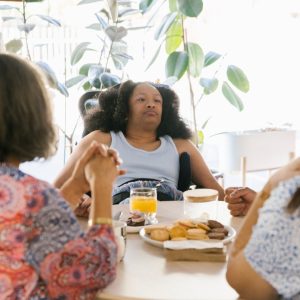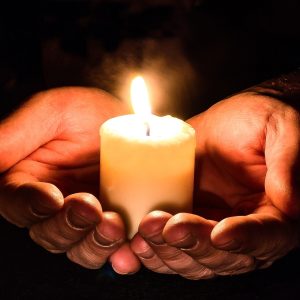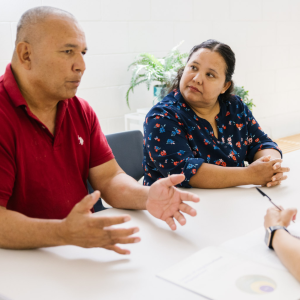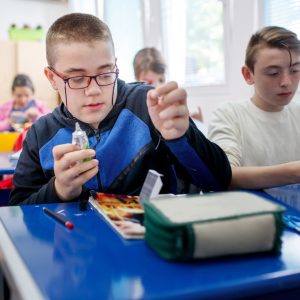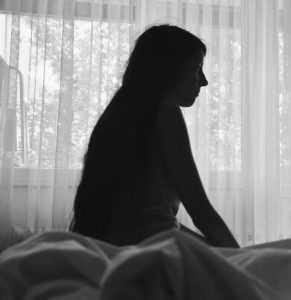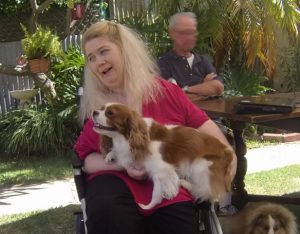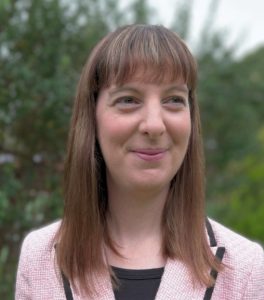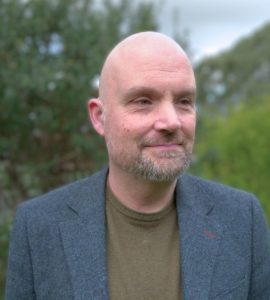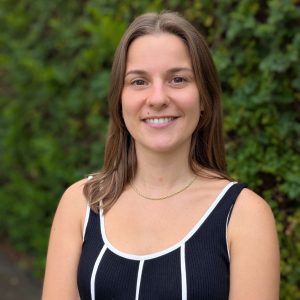Violence, abuse, neglect and exploitation of people with disability is widespread and too often ignored. We work to expose these harms, amplify the voices of those affected, and push for urgent, systemic change. Our advocacy — including our response to the Disability Royal Commission and South Australia’s Domestic Family and Sexual Violence Royal Commission — focuses on stronger safeguards, accessible reporting pathways, and systems that listen to and respect people with disability. Everyone has the right to be safe, supported and free from harm — no exceptions.
- Address 104 Greenhill Road, Unley SA 5061
- Phone (08) 8373 8388 or 1300 857 327
- Email admin@purpleorange.org.au
- ABN 16 464 890 778

